Sakartvelo's anti-imperialist struggle for independence
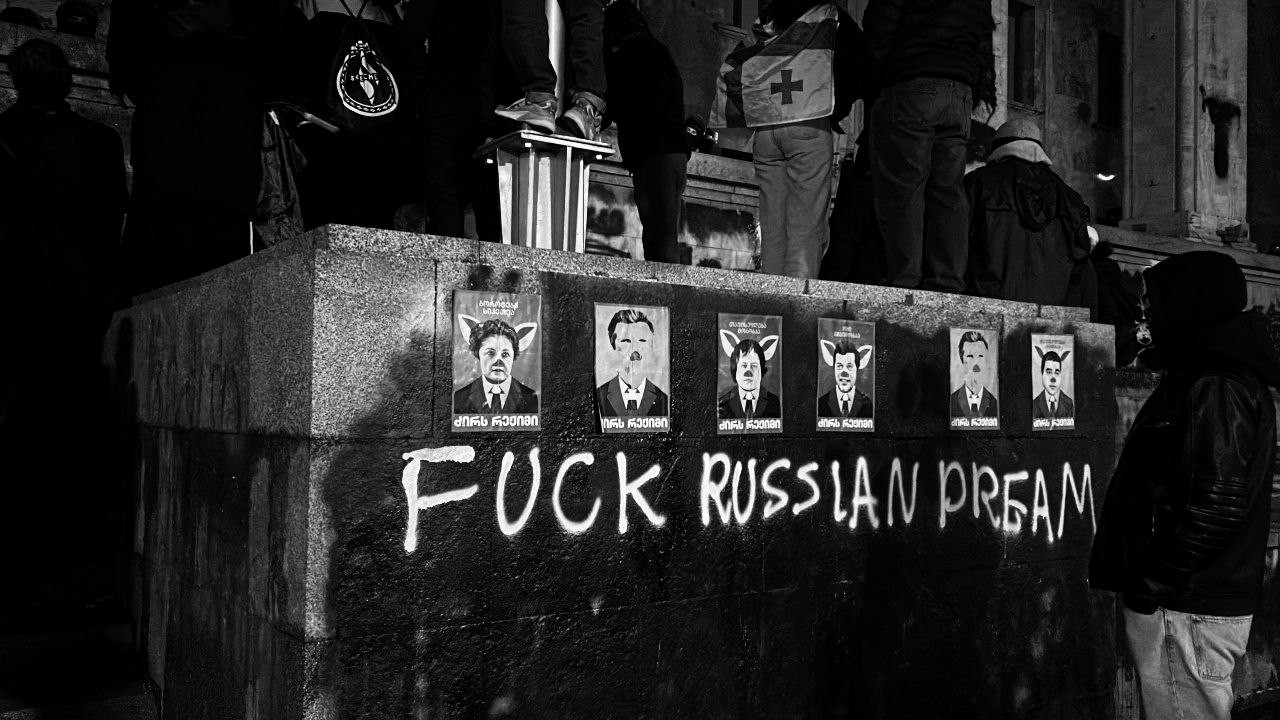
The people are demanding new elections and the repeal of pro-Russian laws passed by the ruling Georgian Dream party.
All the major cities of Sakartvelo are involved in the protests and are taking to the streets. All social groups are involved in the protests: women, children, pensioners, representatives of different professions, the diversity of the diaspora, people with disabilities, and representatives of the LGBT/queer communities.
The protests began after the fraudulent parliamentary elections. The Georgian Dream Party, the dominant party in parliament, led by pro-Russian oligarch Bidzina Ivanishvili, violated voting procedures and obtained a preponderance of forged and purchased ballots to officially take the parliamentary majority.
Who congratulated the Georgian dream party on its victory? Putin and Orban.
Several parties announced their withdrawal from the parliament due to the violation of all protocols of democratic freedoms and voting rules.
A few days later, Salome Zurabishvili, President of Sakartvelo, condemned the actions of Georgian Dream.
It should be noted that the international election observers (OSCE) did not find any obvious problems and justified the falsification.
Undoubtedly, the Georgian Dream has its own constituency, which is not bought — these are people living in hard-to-reach regions, with poor district education. People who live on state benefits, below the poverty line. In some mountainous areas, there is no alternative to the Georgian Dream political ideas. The rhetoric of the opposition simply does not spread there, and the polyphony of political discussion is not present also. After the electoral fraud, the official opposition did not propose any plan of action, did not make any demands and, in general, did not make any statements of international importance.
The current protest originated in the universities of Sakartvelo and was led by female students who made urgent demands for a change of power and the removal of the ruling oligarchic regime of Ivanishvili, demanding fair re-elections.
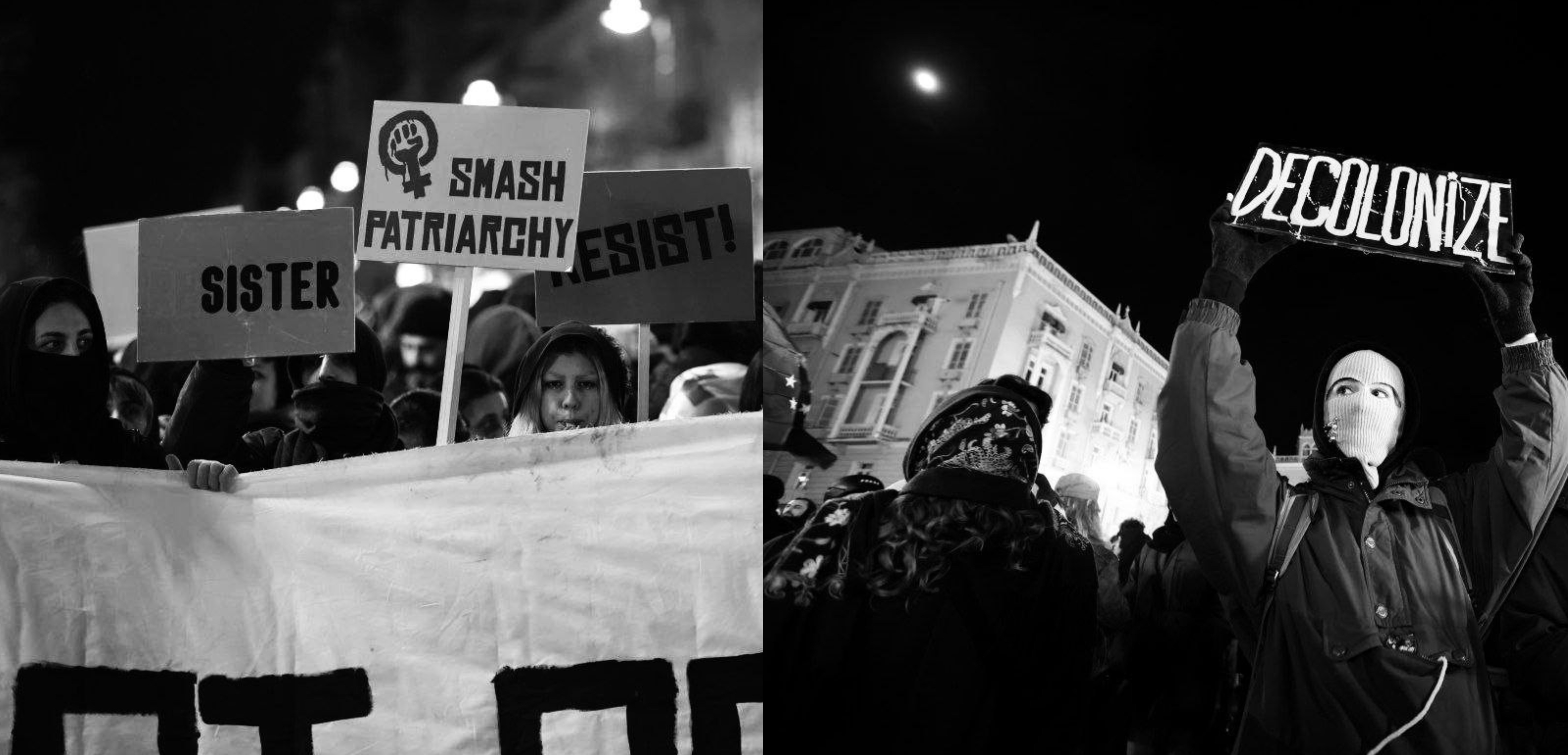
The students were immediately joined by masses of people united by common demands.
Thus, we see that today’s protest has no leaders in the person of the former president Salome Zourabichvili or any official and organized opposition.
The people in front of the parliament organized themselves to sleep in front of the parliament building, to build fires, to cook and distribute food, to celebrate the New Year, to storm the parliament, to build barricades and to help those who were injured by the riot police.
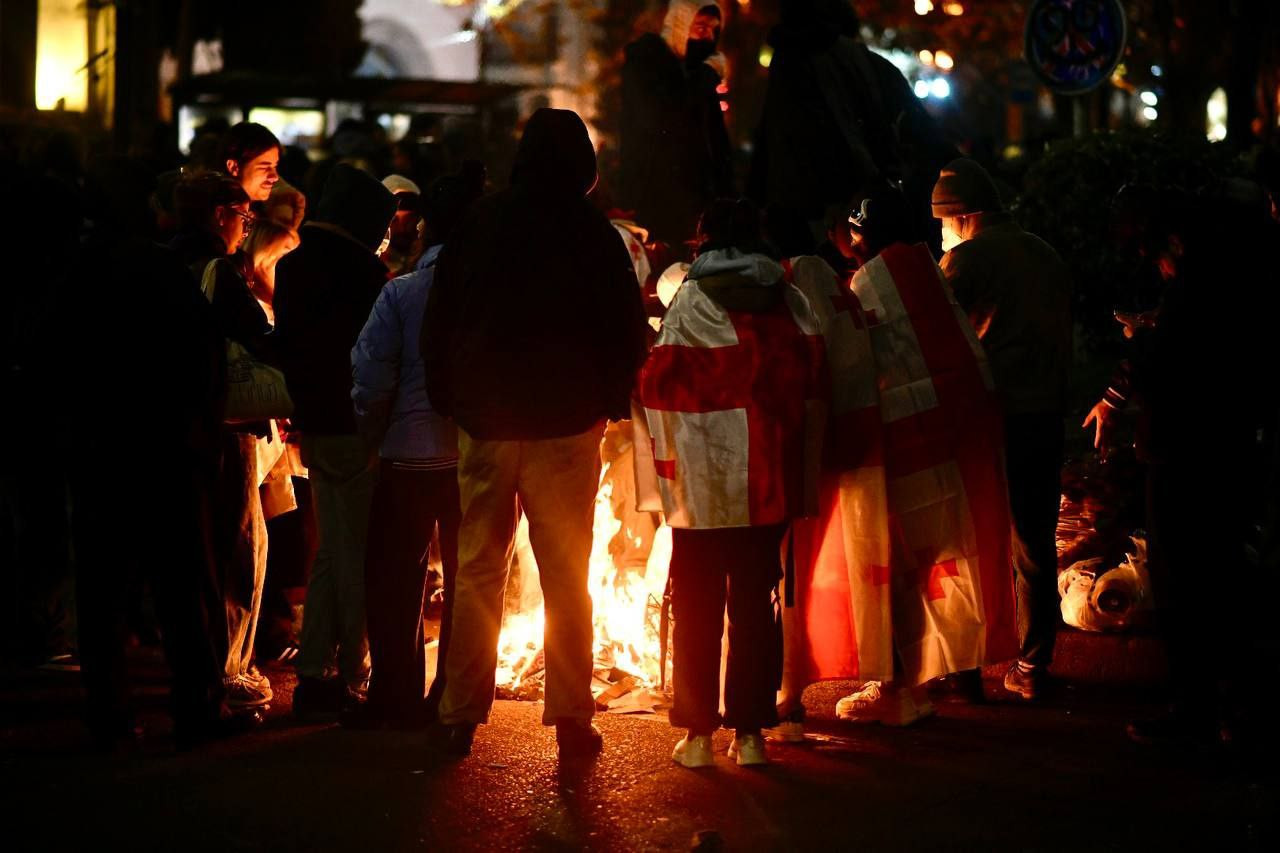
In the summer, the EU Commission in Brussels stopped the process of Georgia’s accession to the EU because of the laws passed by the Georgian Dream.
In particular, the law against foreign influence and financing. The adoption of this law also triggered large-scale protests among the residents of Sakartvelo.
Many European and Western financial programs have been closed (already minus 60 million dollars: army support and development programs, military training programs, and it is likely to lose another 121 million euros), the presence of Western business investments has decreased, and international sanctions have been imposed on a number of GM participants.
During the November-December period of Georgian Dream’s rule, several laws were quickly passed that strengthened political and economic ties with Russia and, as a result, further distanced Sakartvelo from the path of European integration. Many of the laws are a copy of Russian laws in terms of violating the democratic freedoms of the people of Sakartvelo. Entire social strata are marginalized, in the form of queer communities and cultural, artistic and scientific figures, that are working in close international cooperation in the non-profit sector — on the basis of Western and European funding.
In December, Georgian Dream nominated and inaugurated a non-alternative candidate for president — a football player with some awards, but no higher education. Not just a specialized one, but no higher education at all.
Pro-Russian narratives, misinformation about the situation in the country, intimidation of people about the war with Russia, and blatant anti-Western rhetoric are spread from the podiums of the Georgian Dream, all of it polished with meaningless populist slogans "Peace to Europe", cultivation of traditional values, and silence about the real situation on the borders with Russia.
Meanwhile, the Georgian government, while twenty percent of its territory is occupied by Russia, does not publicize the regular abductions and torture of Georgian citizens at the border. Nor does it publicize Russia’s growing military infrastructure in its occupied territories. The Georgian Dream does not talk about it, and on the contrary, it increases the economic dependence of the country, tying Sakartvelo more and more to the economy of the aggressor country.
Meanwhile, there are more than seventy Russian military bases and observation posts on the occupied territories of Sakartvelo. The largest and best organized base is in Tskhinvali, two hours by car from Tbilisi.
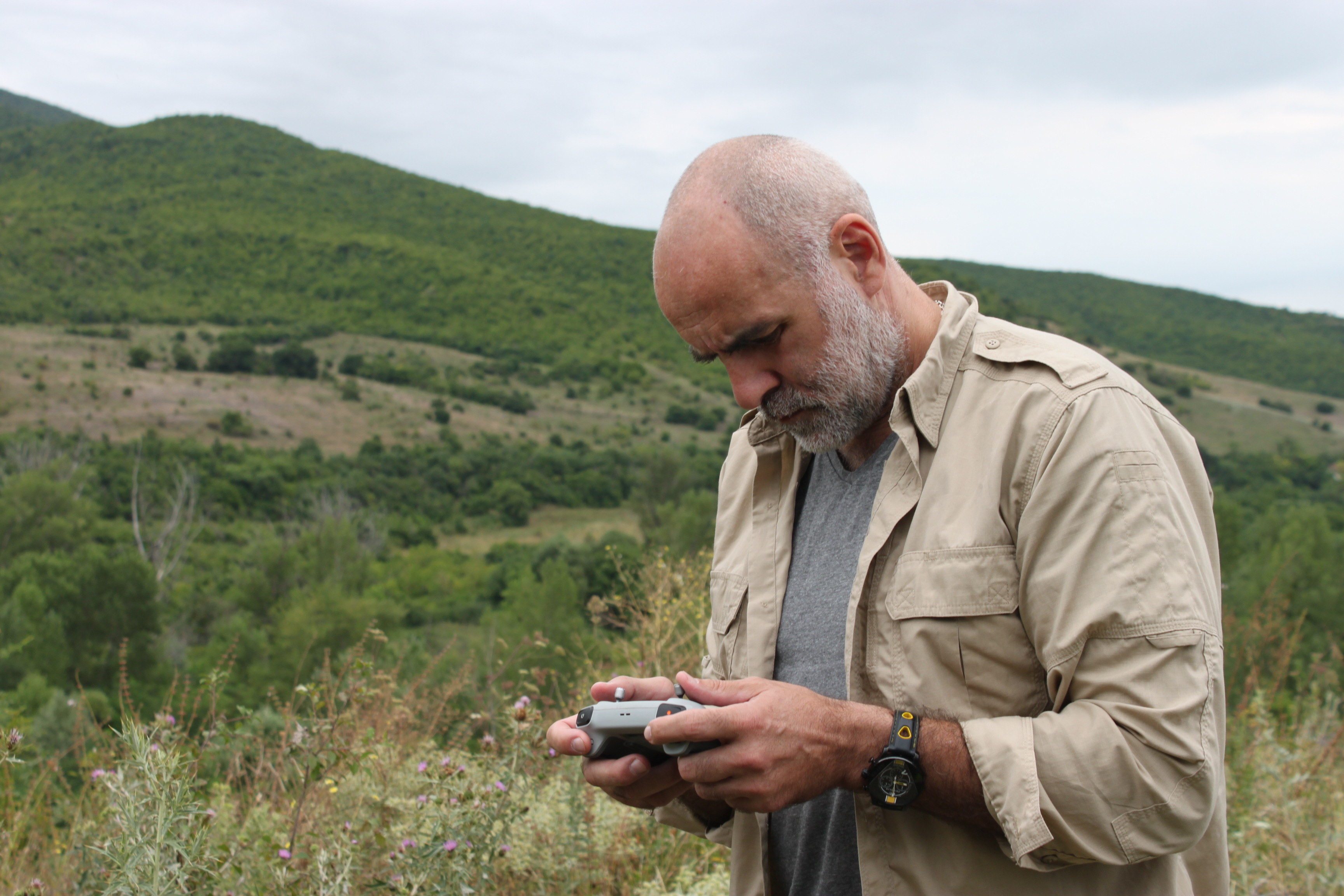
Russia did not stop. It did not stop fighting Georgia after the five-day war in August. Borders — arbitrary shifts, pressure and attempts at control — have not stopped. Dugouts and trenches along the border — are being dug.
So we see that neither the diplomacy of Salome Zurabishvili, nor the strategies of the official opposition, nor the international control and monitoring services have any influence on the state of affairs in the country and are not catalysts or attractors of political transformations.
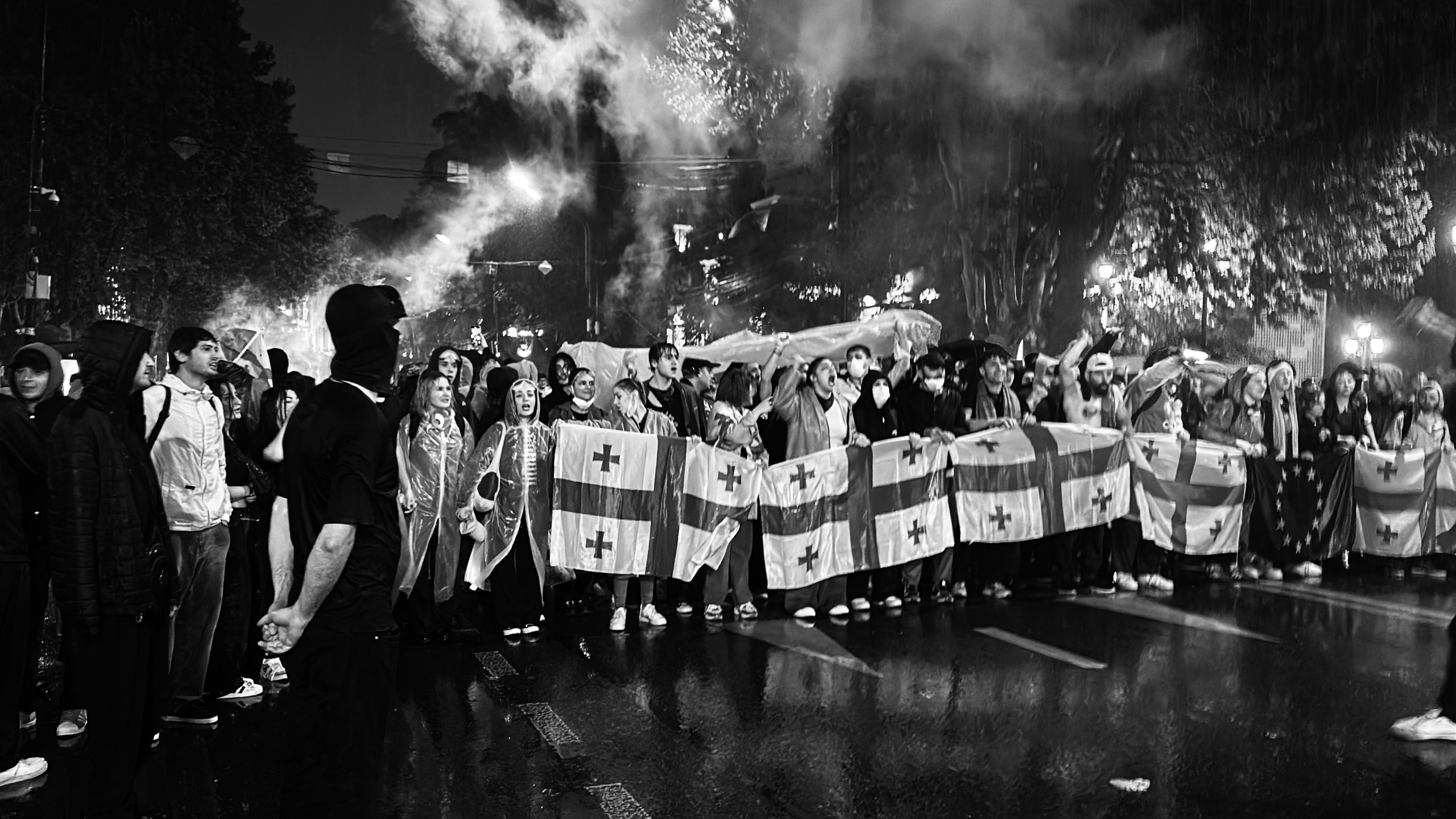
European support is of course necessary, as are sanctions against friends of the Kremlin. Structural support is needed for Sakartvelo’s civil society, which is fighting for its rights and freedoms not to be part of the russian federation.
At present, the Georgian Dream is using brutal coercive force against protesters and potential opinion leaders — carrying out attacks on party offices and individual politicians who disagree with the Georgian Dream regime. Protests are violently suppressed with tear gas and water cannons in temperatures around zero degrees Celsius. Titushki work in crowds, carry out provocations and attacks on individuals. Police structures are armed according to the principles of the RF and anonymized, they carry out violence. There is no doubt that the security forces act according to the Kremlin’s methodology in suppressing protests and buying equipment from the Russian Federation.
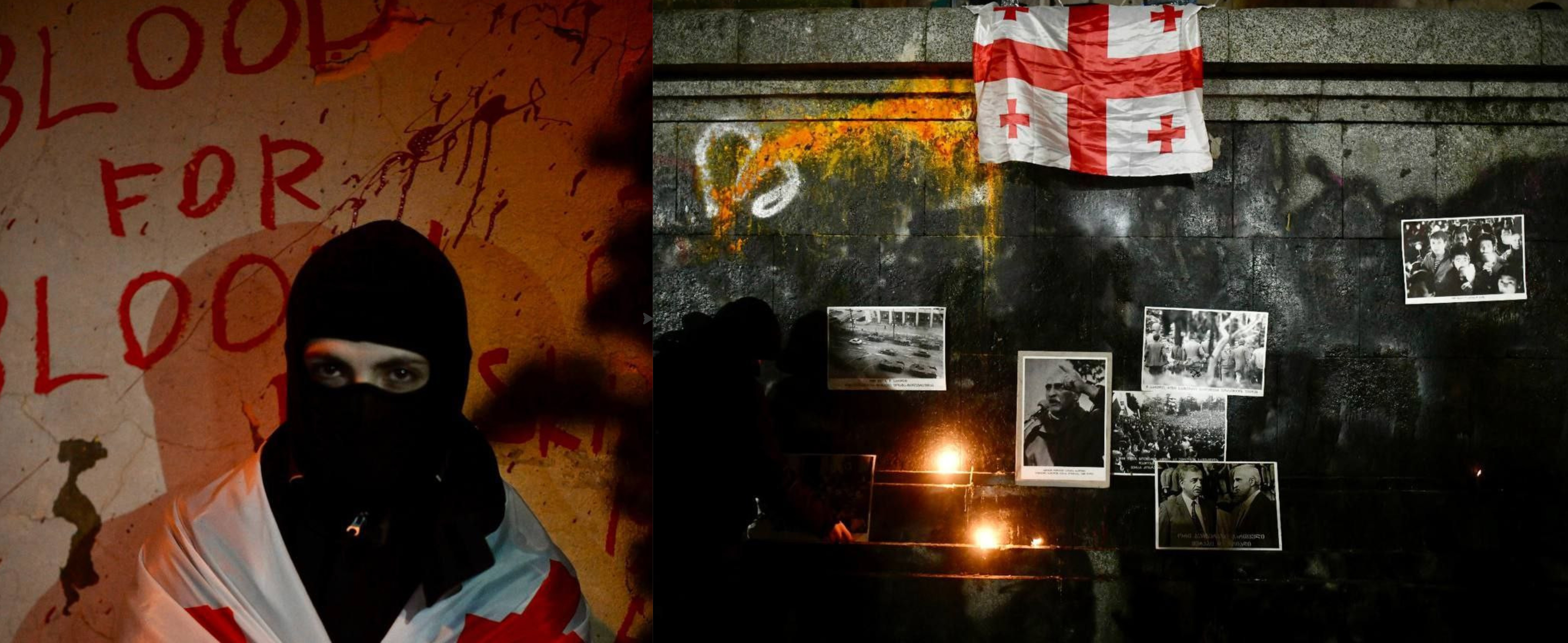
It is important to note that many civil servants left their posts and joined the protesters. Key members of the security forces, as well as the engineers and enforcers of the suppression of the protests, such as water cannons and firefighters, resigned.
Sakartvelo’s civil society is very cohesive, with strong ties to the diaspora, and as you can see from the protests, it learns quickly. People come out to protest wearing masks and gas masks, learning how to extinguish smoke and gas grenades, standing under the jets of water cannons. Businesses join the protests and boycott the government, sheltering and feeding the demonstrators.
No matter how hard russian political technologists try, Sakartvelo’s society is much less atomized within itself and less controlled by talking heads. It is not enough to come and bribe, i.e. to win over the "main", here you have to negotiate with everyone — from courtyard to courtyard.
We, the observers and participants of these protests, hope for a victory of the Kartvels over the current government and the tentacles of the Kremlin.
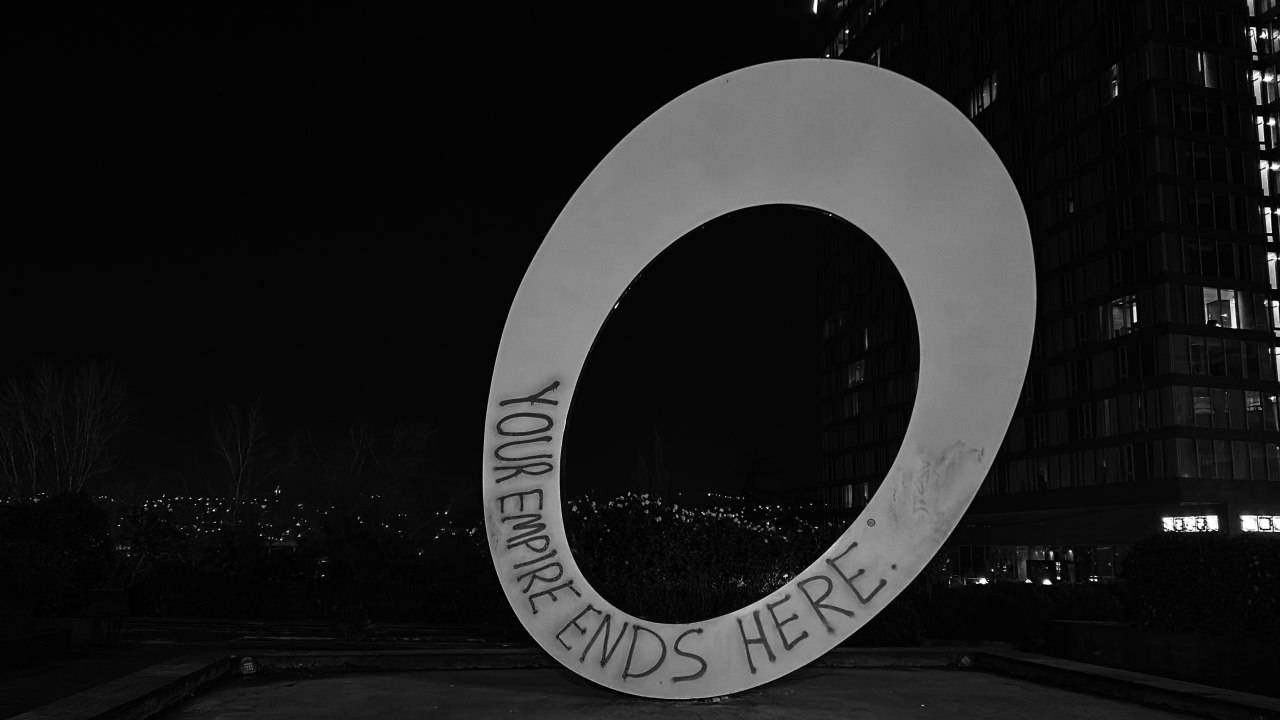
თავისუფლება საქართველოს!
text: media resistance grоup